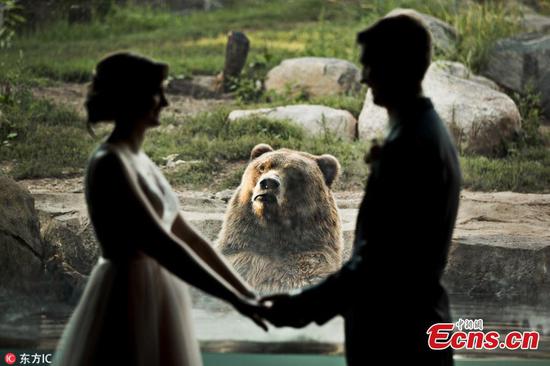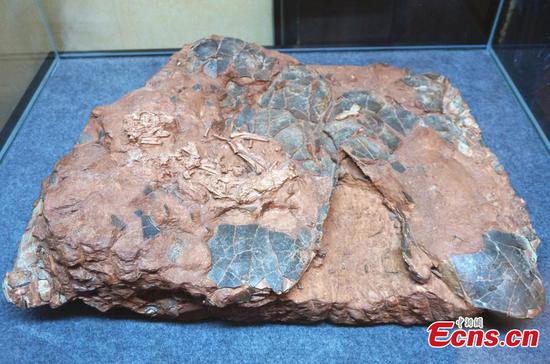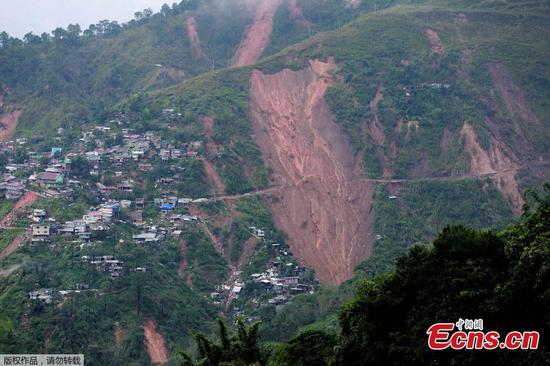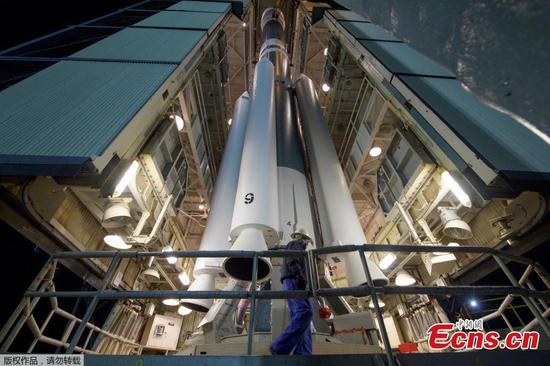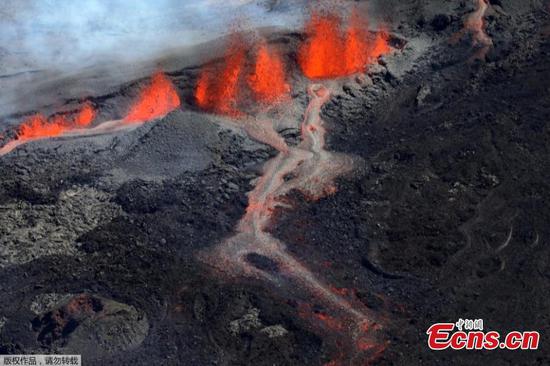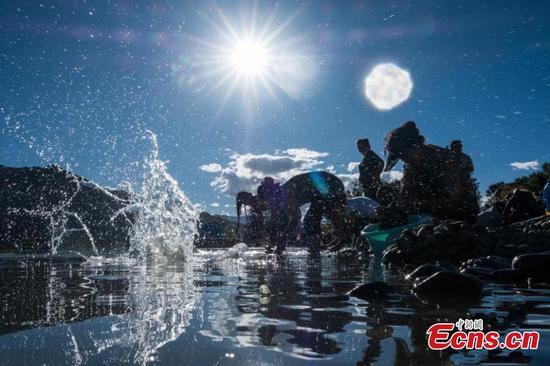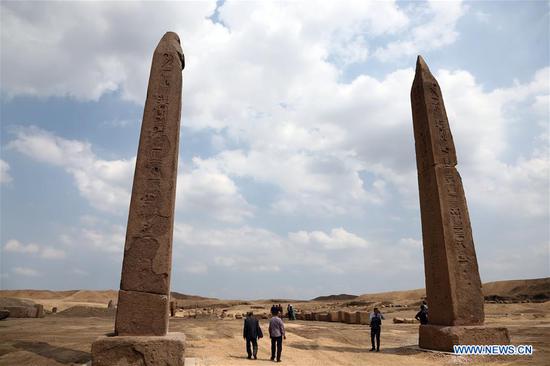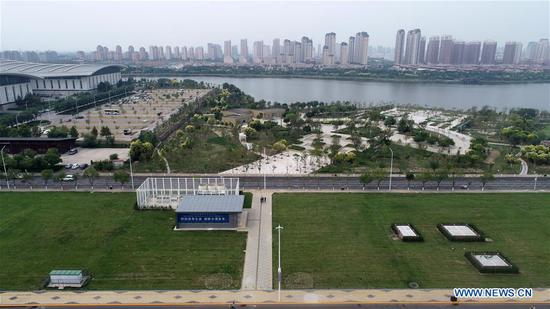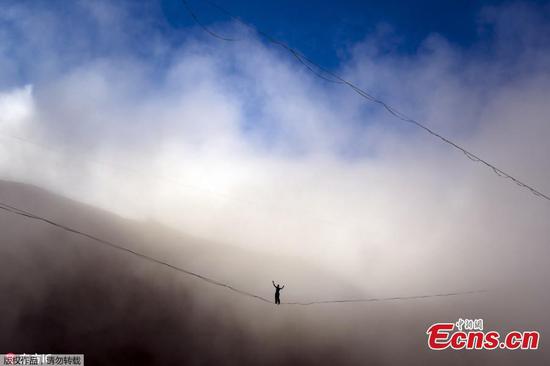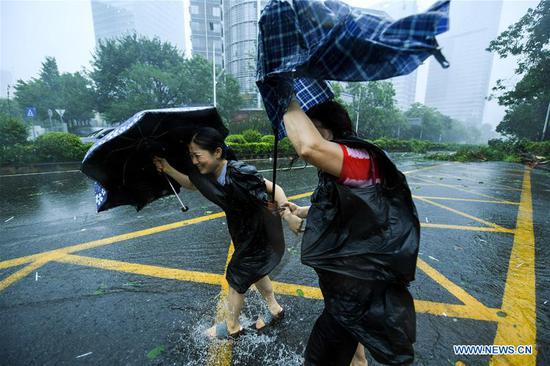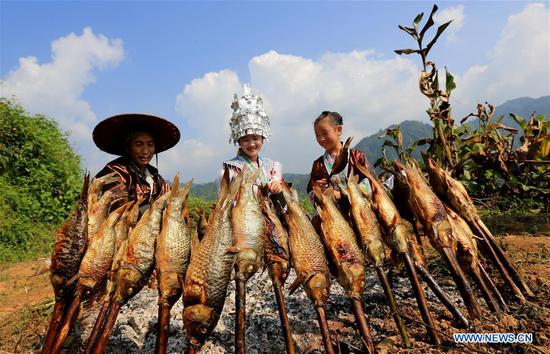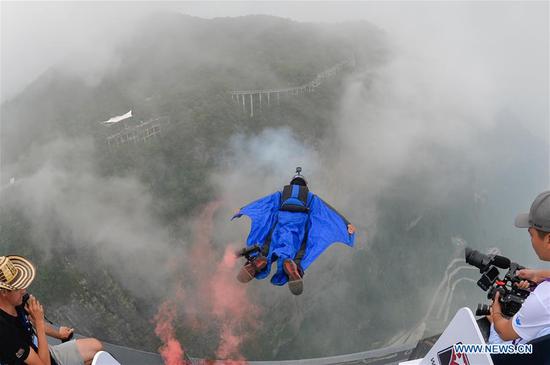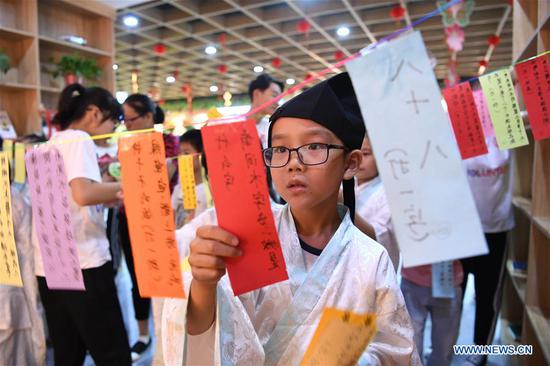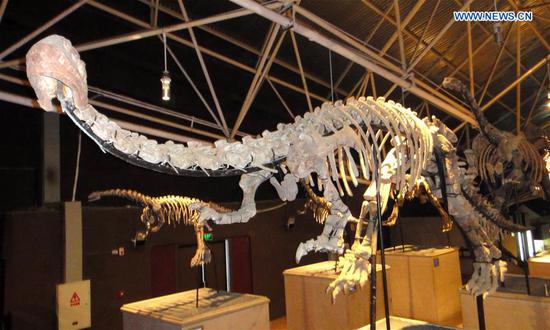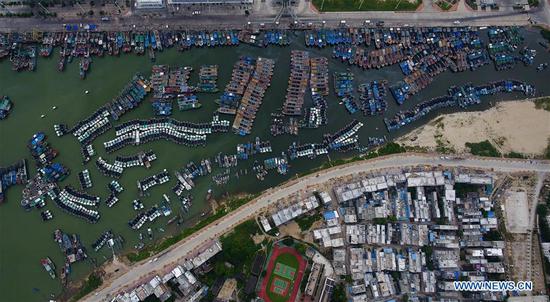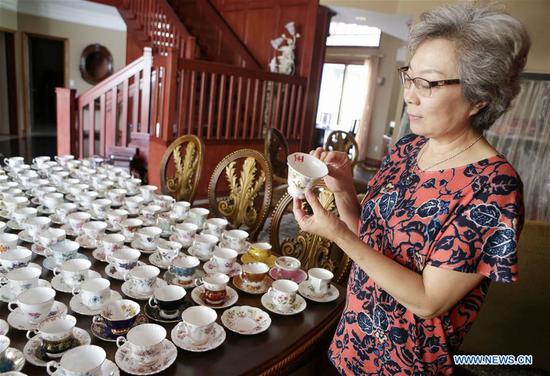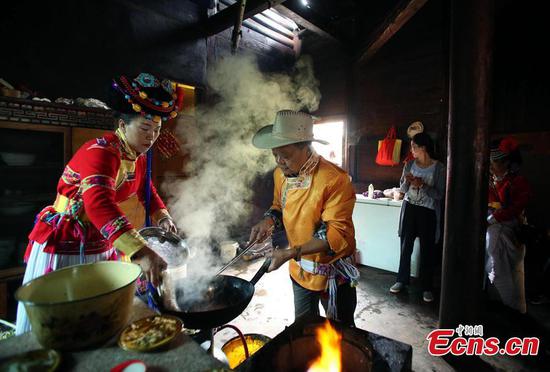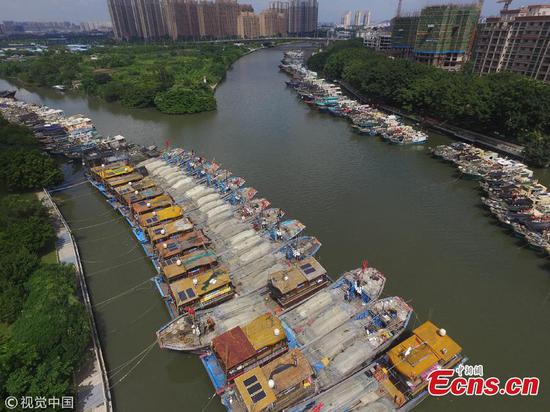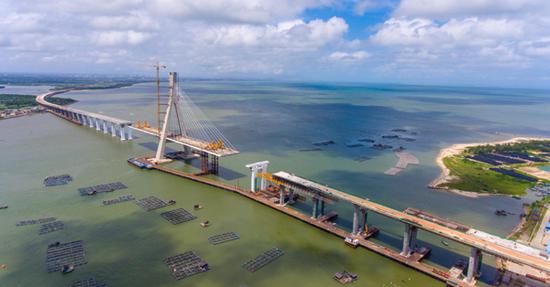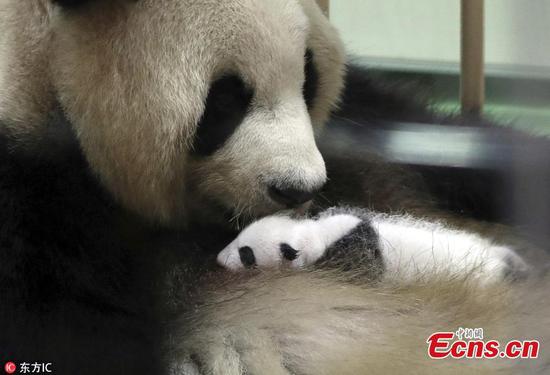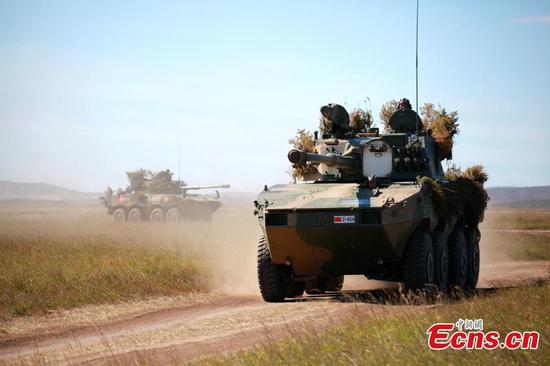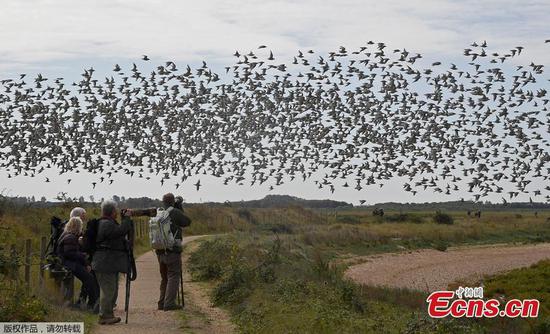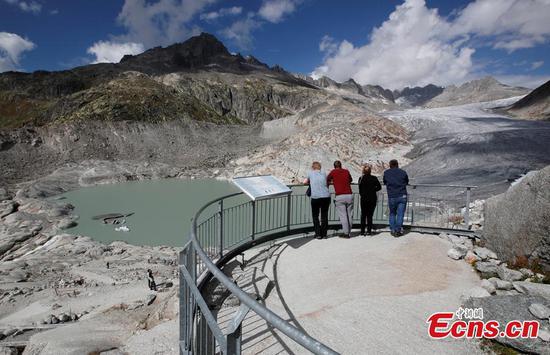Denuclearization of the Korean Peninsula and continued defusing of military tension are expected to be high on the agenda of the upcoming summit between Pyongyang and Seoul, set for Tuesday to Thursday.
Im Jong-seok, chief of staff of Republic of Korea President Moon Jae-in, said at a news conference on Monday that Moon and Kim Jong-un, top leader of the Democratic People's Republic of Korea, will sit face-to-face at least twice during their third summit in Pyongyang. He said the two leaders primarily will discuss the implementation of denuclearization.
Im said Moon will make efforts to encourage the DPRK and the United States to rapidly resume sincere talks in a bid for the DPRK to advance denuclearization and the U.S. to take corresponding measures.
He said Seoul will play a role in arbitrating and facilitating dialogue between Pyongyang and Washington for denuclearization, given that U.S. President Donald Trump called for Moon to play a role as a chief negotiator and Kim also had anticipated that role for Moon.
Moon is expected to explain the U.S. stance to Kim during the summit, and then to convey the DPRK position to Trump when the ROK president visits New York later this month for the United Nations General Assembly. Moon and Trump are expected to hold a separate meeting on the sidelines of the assembly.
Moon's office declined to deliberate on what concrete measures for denuclearization Moon and Kim would discuss and whether their discussion would be made known to the international community.
Observers noted, however, that it would be the first time the specifics of denuclearization are to be a main topic of discussion between the two leaders.
In Beijing, Foreign Ministry spokesman Geng Shuang said on Monday that China will continue to fully support the improvement of DPRK-ROK relations and that he hopes the summit will achieve positive results and further strengthen ties between the two.
Su Xiaohui, deputy director of the Department for International and Strategic Studies at the China Institute of International Studies, said the two neighbors have enhanced ties since their first summit, and they have opened a joint liaison office, arranged reunions for separated families and unified sports teams at international sports events.
But what Su called the key to solving Korean Peninsula issues — denuclearization — remained unclear. It is important to translate the abstract agreement into an action plan for the two sides, she said.
During their first summit on April 27 at the border village of Panmunjom, Moon and Kim agreed to completely denuclearize the Korean Peninsula.
Another item on the main agenda would be the eased military tension along the border between the nations. Observers anticipated the possibility that Moon and Kim may reach a meaningful agreement to fundamentally eliminate the threat of armed conflict and war, Yonhap said.
The peninsula technically remains at war as the 1950-53 Korean War ended with an armistice, not a peace treaty.









